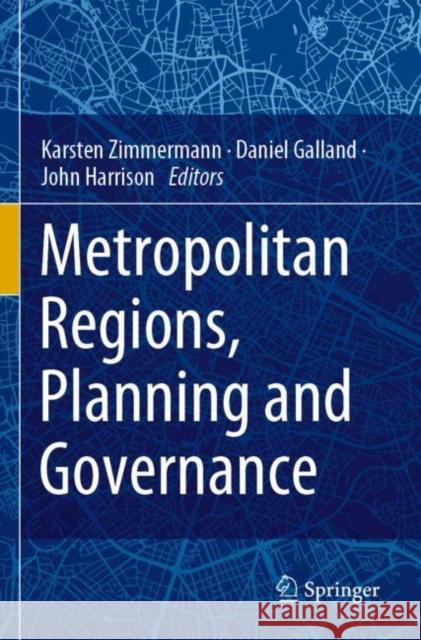Metropolitan Regions, Planning and Governance » książka
topmenu
Metropolitan Regions, Planning and Governance
ISBN-13: 9783030256340 / Angielski / Miękka / 2020 / 270 str.
Metropolitan Regions, Planning and Governance
ISBN-13: 9783030256340 / Angielski / Miękka / 2020 / 270 str.
cena 524,53
(netto: 499,55 VAT: 5%)
Najniższa cena z 30 dni: 501,19
(netto: 499,55 VAT: 5%)
Najniższa cena z 30 dni: 501,19
Termin realizacji zamówienia:
ok. 16-18 dni roboczych.
ok. 16-18 dni roboczych.
Darmowa dostawa!
Kategorie BISAC:
Wydawca:
Springer
Język:
Angielski
ISBN-13:
9783030256340
Rok wydania:
2020
Wydanie:
2020
Ilość stron:
270
Waga:
0.45 kg
Wymiary:
23.37 x 19.56 x 1.27
Oprawa:
Miękka
Wolumenów:
01











